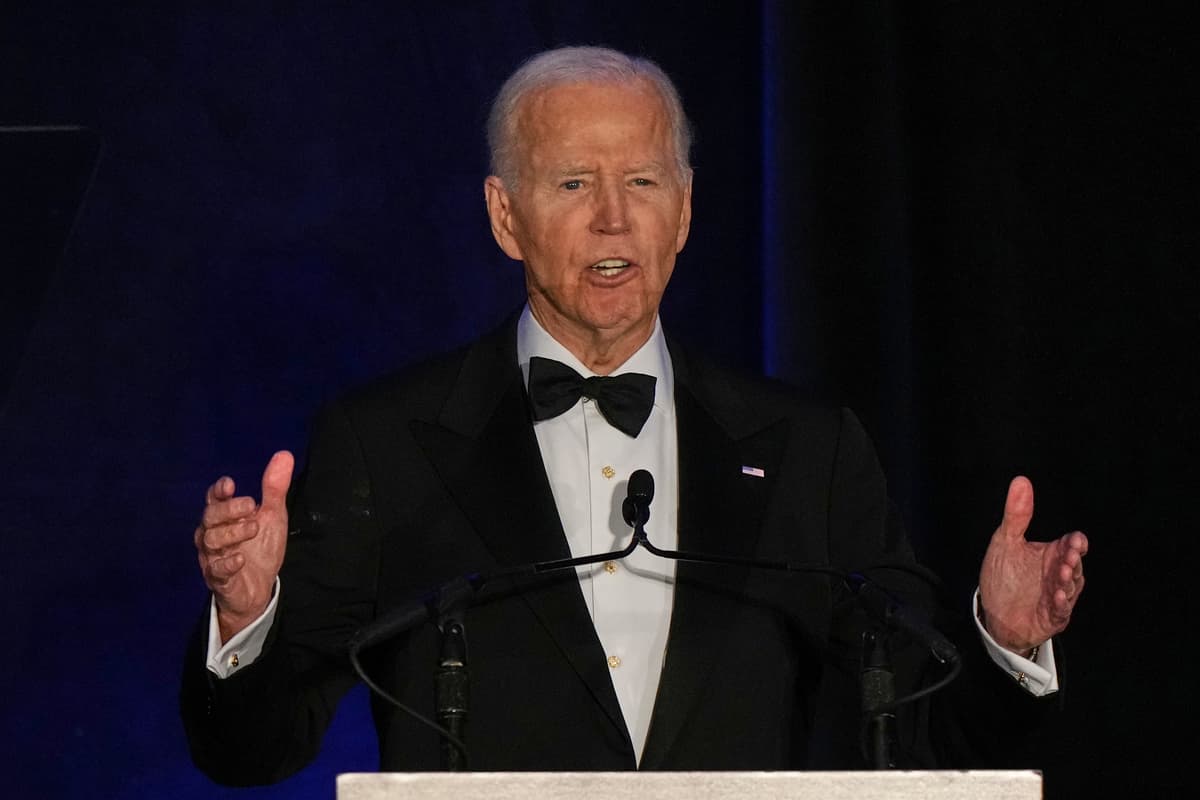Former President Joe Biden publicly acknowledged the efforts of President Donald Trump in achieving a ceasefire between Israel and Hamas, marking a rare moment of bipartisanship amid ongoing tensions. On March 4, 2024, Biden expressed his relief over the release of 20 Israeli hostages, stating they had endured “unimaginable hell” before being reunited with their families.
Biden emphasized the challenges faced in brokering the ceasefire. “The road to this deal was not easy. My Administration worked relentlessly to bring hostages home, get relief to Palestinian civilians, and end the war,” he explained. He commended Trump and his team for successfully finalizing a renewed ceasefire agreement, highlighting the collaborative nature of international diplomacy.
In a further display of bipartisan acknowledgment, former Secretary of State Antony Blinken praised Trump for adopting and building upon the peace plan initially developed during the Biden administration. Blinken noted the importance of cooperation with Arab partners, Israel, and the Palestinian Authority in the negotiations.
This commendation comes on the heels of a critical speech by Trump, who labeled Biden as “the worst president in American history” just one day prior during an address at the Israeli parliament. In his remarks, Trump criticized both Biden and former President Barack Obama, suggesting that their administrations hindered peace efforts in the Middle East. He asserted, “All of the countries in the Middle East that could have what we’re doing now, it could have happened a long time ago.”
Biden’s relationship with Israel has been characterized by strong support. As a self-declared Zionist, he has received praise from many Jewish communities and Israelis for his unwavering commitment to Israel. Aaron David Miller, a former Middle East negotiator, previously noted, “Biden’s connection to Israel is deeply ingrained in his political DNA.”
Despite this, tensions have emerged between Biden and Israeli Prime Minister Benjamin Netanyahu, particularly regarding military actions such as the Israeli Defense Forces’ (IDF) invasion of Rafah, which Biden opposed. The dynamics of their relationship contrast sharply with Netanyahu’s rapport with Trump, who has consistently backed Israel’s military actions against Hamas and Iran.
The recent developments reflect the complex interplay of U.S. politics and Middle Eastern diplomacy, showcasing how leaders from different administrations can contribute to significant international agreements, even amidst personal and political disagreements. As the situation in the region evolves, the focus remains on sustaining peace and ensuring the safety and dignity of both Israelis and Palestinians.






































































